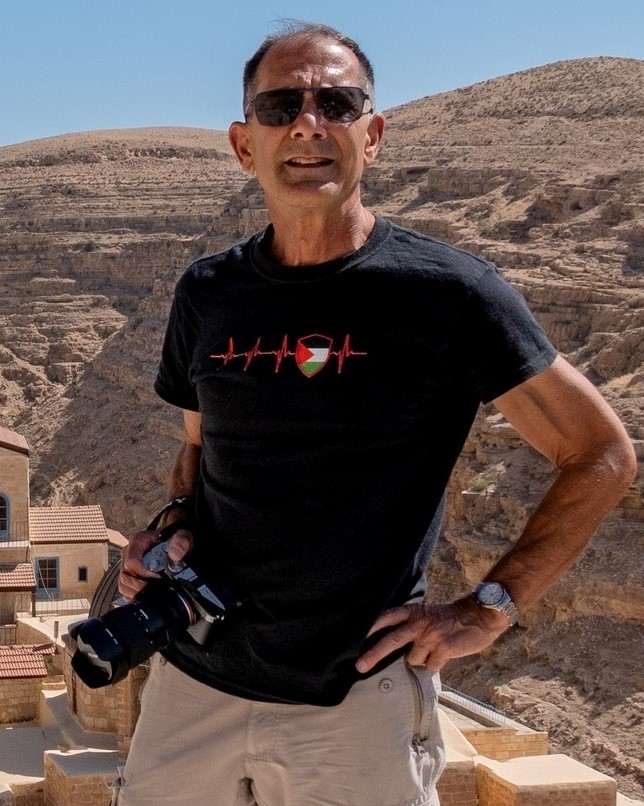
- gfields@ucsd.edu
- (858) 534-2365
-
9500 Gilman Dr
MCC 101
La Jolla , California 92093
Professor

My research is situated in the field of historical geography and focuses on conflicts over land, and how landscapes are representations of the struggles and power relations between dominant groups and the oppressed. With an emphasis on comparative case studies, my work elevates the idea of territoriality in revealing how dominant groups in different historical and geographical contexts perpetuate their ascendancy by using the power of the state to reorder systems of property rights and remake built environments on territorial landscapes. My current book project enlists photographic imagery as a complement to territoriality in telling a story of what I call, “Confinement Landscapes in Palestine.” At the core of my research is a commitment to theoretically-driven, actor-centered empirical accounts of power and territorial transformation. My work seeks to build a theory of the interplay between power and territorial space by fusing geography, history, political economy, and photography while maintaining a commitment to a scholarship of activism and critical engagement with the world.
Read my account of Israel and the Genocide in Gaza in Jadaliyya:
www.jadaliyya.com/Details/45818
My CV is here: Curriculum Vitae of Dr. Gary Fields (PDF)
Read my autobiographical Tribute to Noel Ignatiev here
See my photography work here: https://garyfieldsphotography.
Enclosure: Palestinian Landscapes in a Historical Mirror" (University of California Press, 2017) compares the fragmented and partitioned landscape in Palestine to the landscapes of dispossession during the early modern enclosures in England and the Anglo-American colonial frontier. I argue that the seizure of Palestinian landed property by the state of Israel reflects an enduring territorial practice of enclosing land in which groups with territorial ambitions use power to gain control of land owned and used by other groups already anchored to the landscape. Inspired by a longstanding discourse about property rights and entitlement to “empty” land, such groups seeking territory re-imagine the landscapes they covet as empty, and justify their takeover of these landscapes by referring to themselves as improvers of empty land.
New York Review of Books http://www.nybooks.com/articles/2018/01/18/palestine-this-land-is-our-land/
American Historical Review https://academic.oup.com/ahr/article-abstract/123/5/1606/5221132
Journal of Palestine Studies https://jps.ucpress.edu/content/47/3/117
American Association of Geographers Review of Books
https://www.tandfonline.com/doi/epub/10.1080/2325548X.2019.1650550?needAccess=true
Socialism and Democracy https://www.tandfonline.com/doi/full/10.1080/08854300.2018.1508973
Middle East Monitor https://www.palestinebookawards.com/reviews/item/enclosure-palestinian-landscapes-in-a-historical-mirror-2
New Books Network (Interview)
https://newbooksnetwork.com/gary-fields-enclosure-palestinian-landscapes-in-a-historical-mirror-u-california-press-2017/
KPFA Radio (Interview) https://kpfa.org/episode/against-the-grain-august-29-2018/
Territories of Profit (Stanford University Press, 2004) reveals how the capitalist business firm uses force to reshape the economic and physical landscape in order to exploit the innovative potential of communications revolutions and make profit differently. Capitalist development, I argue in comparing Swift Meatpacking in the 19th century and Dell Computer more recently, is a territorial project, the outcome of corporate power to rearrange elements on the landscape, and reorganize the behavior of other actors in the economic environment in an effort to create new routes to profit-making.
Read Reviews in:
Click on each course's link to download the syllabus as a PDF